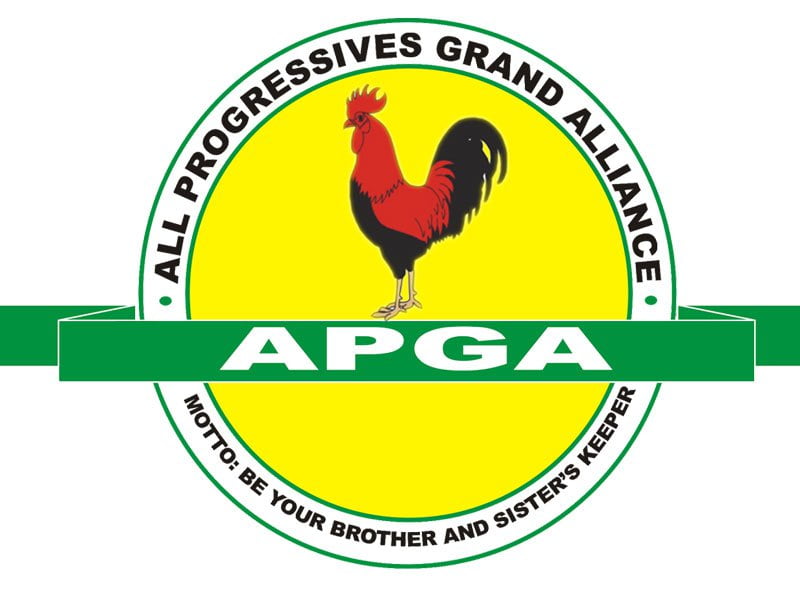Nutrition has been included in the curricular of primary and secondary schools in the country as part of efforts to promote nutrition in children for sustainable development.
Prof. Wasiu Afolabi, Vice President, South, Nutrition Society of Nigeria (NSN) disclosed this in an interview with the News Agency of Nigeria (NAN), on the sidelines of the society’s 49th Annual General Meeting (AGM) in Abuja.
Afolabi said that the curricular which had been established in primary and secondary schools in the country would soon be extended to the polytechnics and universities.
He said that apart from promoting nutrition in children, government and stakeholders want to ensure that Nigerians eat quality food no matter the age.
“Nutrition has been included in the curricular of primary and secondary schools but tertiary institutions where we train workforce is also important.
“We have reviewed the curriculum of polytechnics under the auspices of National Board for Technical Education (NBTE); we have also worked with stakeholders to review the nutrition curriculum for Nigerian Universities under the auspices of Nigeria University Commission (NUC).
“There are new best practices and innovative solutions and concepts, and when you look at those curriculum, especially the one from polytechnic, it is dated back to 19 years without any review, but I can tell you that we have just reviewed it.
“The one for the universities has also been reviewed and passed down to NUC, so this is what we have done to also improve knowledge of school children and students in higher institutions of learning.
“The one of polytechnic is with NBTE, the first draft has been done and it is currently being reviewed and it has been approved by their board with the assistance from UNICEF because I happened to be one of those that facilitated that process.
“The one for universities is currently with NUC; it was submitted through Ministry of Budget and National Planning (MBNP), food and nutrition division because it has a responsibility of nutrition across all sectors,” Afolabi said.
He noted that the NUC was on the verge of reviewing university academic curriculum, which might eventually see the inclusion of nutrition in its syllabus by next academic session.
Afolabi explained that the NSN adopted the theme: “Promotion of Nutrition for Sustainable Development: Current Trends and Innovations” for this year’s AGM to help redirect the nutrition indices of the country.
He also explained that NSN re-strategised on its approach towards nutrition because the country didn’t do well in achieving the Millennium Development Goals (MDGs), which has just passed and which Nigeria was also a signatory.
“The Sustainable Development Goals (SDGs) are here – 17 of them, and nutrition is key to achieving the targets that have been set by the World Health Assembly for nutrition.
“So it is important for us and the country, that stakeholders come together and see how to promote nutrition which is fundamental to economic and human capital development.
“We know that the indices for nutrition in Nigeria are bad, particularly by the level of obvious stunting underweight among under-5 children.
“Nigeria is 2nd to India in the global burden of under nutrition and the government and all stakeholders have been working on this in the past three decades.
“We have not had any appreciable improvement in the situation and so NSN as a stakeholder has continuously organised their conferences and AGMs with key themes in order to ginger all stakeholders to the problem of malnutrition and trying to also awaken stakeholders to do more.
“The aim is also to awaken stakeholders’ consciousness to their responsibilities to have increased commitment of government through improved funding for nutrition activities across all sectors,” Afolabi added.
He listed the sectors to include health, agriculture, education, women affairs, science and technology, information, trade and investment as well as finance.






2 Comments